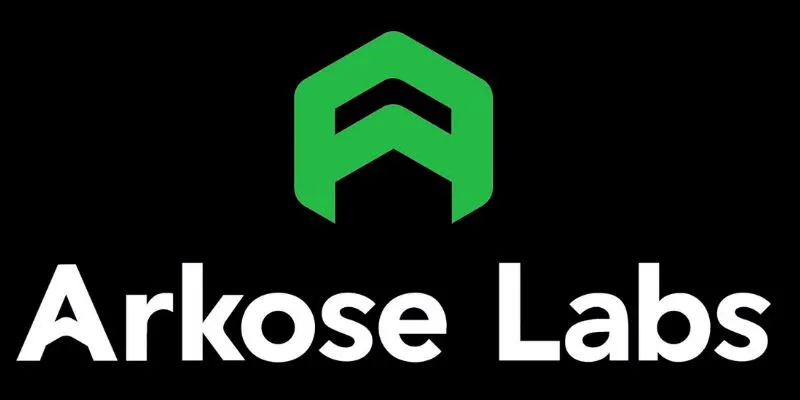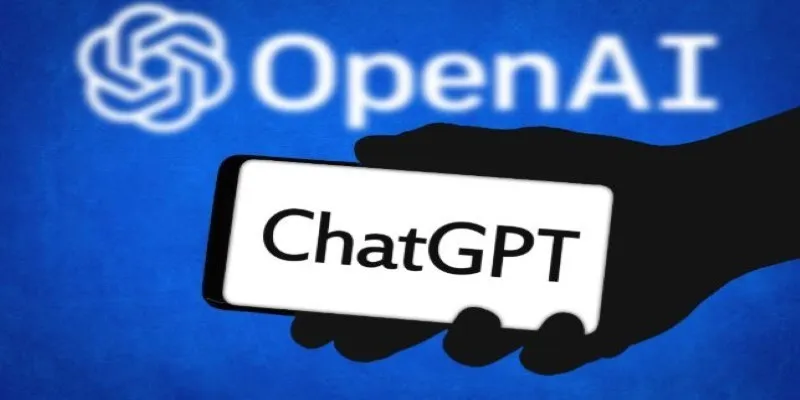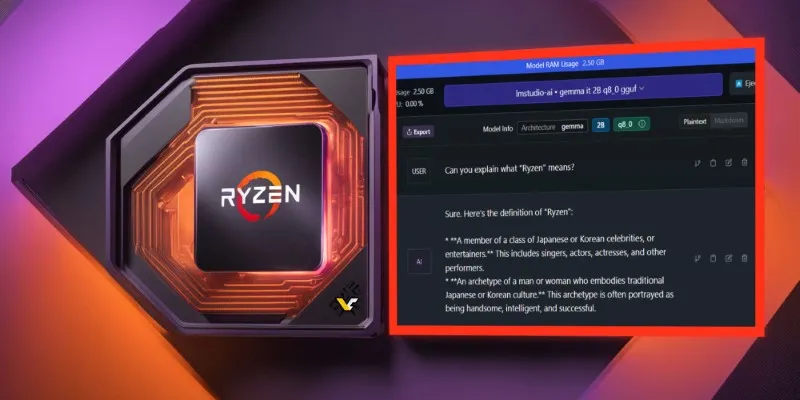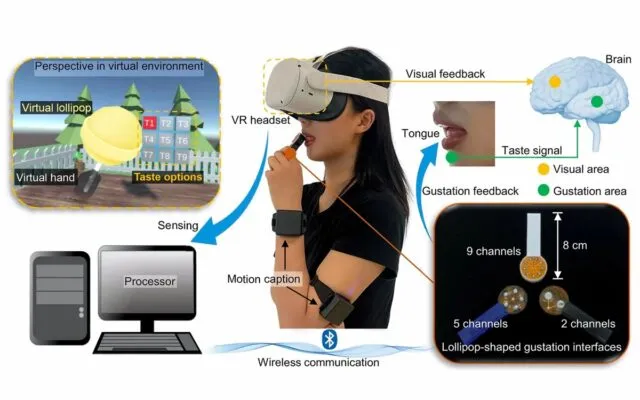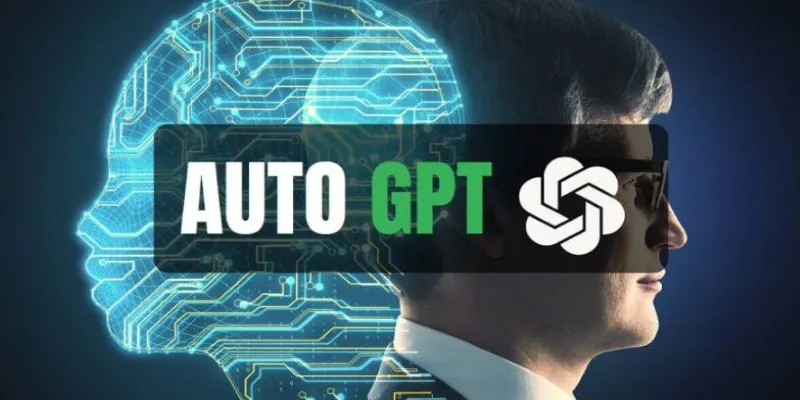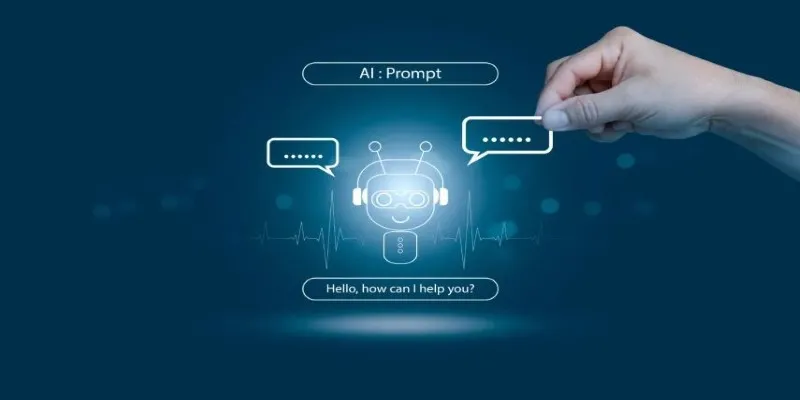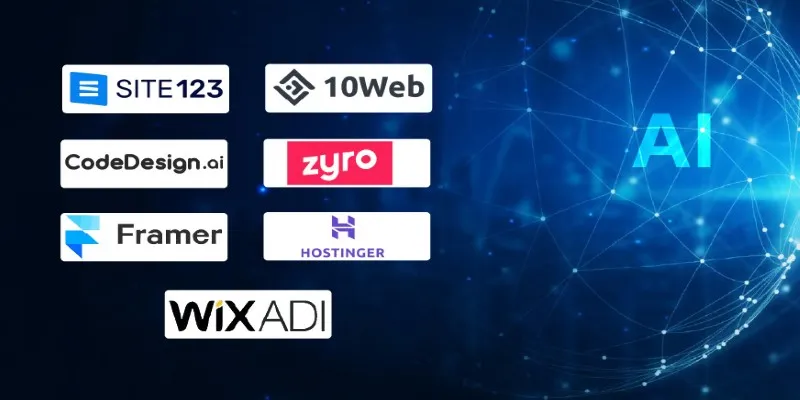Career counseling has always been a cornerstone of professional development, helping individuals find careers that align with their skills and aspirations. Traditionally, these methods relied heavily on subjective judgments or outdated information. However, with advancements in technology, Artificial Intelligence (AI) has become a powerful tool in enhancing career guidance.
AI analyzes large datasets to accurately match job seekers with roles that suit their skills and interests. It provides real-time job market data, identifies skill gaps, and offers personalized learning paths, making career counseling more data-driven and efficient.
The Role of AI in Career Counseling
The integration of AI in career counseling has revolutionized how professionals and job seekers make career decisions. AI tools analyze a diverse range of data points, including academic qualifications, work experience, personality traits, and market demand, to provide personalized career guidance.
Key Benefits of AI in Career Counseling

- Personalized Career Recommendations – AI programs evaluate a candidate’s skills, interests, and career goals to offer tailored job suggestions. Unlike traditional methods, AI-powered platforms continuously update their recommendations based on new market trends and user inputs.
- Skill Gap Analysis – AI identifies necessary courses or certifications to acquire skills for specific jobs, helping individuals remain competitive in the job market.
- Job Market Insights – AI analyzes job trends, salary benchmarks, and emerging roles, providing job seekers with real-time data. This empowers individuals to make informed career decisions based on industry demand.
- Resume and Interview Assistance – AI tools refine resumes, suggest improvements, and simulate interview scenarios for better preparation. Some platforms also offer automated feedback to enhance job application success rates.
- Career Transition Support – AI aids those looking to switch careers by identifying transferable skills and suggesting alternative career paths that match their competencies.
How AI Matches Skills with Job Opportunities
AI utilizes sophisticated machine learning models to align job seekers with opportunities that match their skills, experience, and career goals. Unlike traditional career counseling, which often depends on static assessments, AI-powered solutions dynamically adjust recommendations based on job market changes and individual progress.
AI-Powered Job Matching Process
-
Data Collection and Analysis
AI tools gather data from resumes, LinkedIn profiles, past job roles, and psychometric tests to build a comprehensive skill profile. Additionally, AI scans online job boards and company websites to extract relevant job postings that match candidate profiles. -
Skill Mapping and Role Matching
Using Natural Language Processing (NLP) and machine learning algorithms, AI compares a candidate’s skills with job descriptions and ranks the best matches. This process reduces human biases and improves the accuracy of job recommendations. -
Personalized Learning Pathways
If a candidate lacks certain skills, AI suggests relevant courses, certifications, or training programs to bridge the gap. Many career counseling platforms integrate with online learning platforms such as Coursera, Udemy, and LinkedIn Learning to provide seamless access to skill-building resources.
AI-Powered Tools in Career Counseling
Several AI-driven platforms and tools are transforming the career counseling industry by enhancing job matching and overall career development.
Popular AI Career Counseling Tools
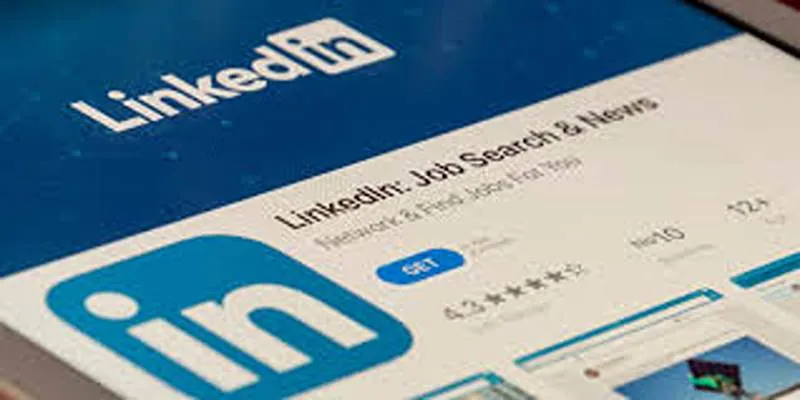
- LinkedIn Career Explorer – Utilizes AI to suggest career transitions based on a user’s current skills and job history. It identifies adjacent roles and recommends skills to develop.
- IBM Watson Career Coach – Analyzes career aspirations and recommends job roles aligning with personal strengths. It also offers insights into the job market, including hiring trends and salary expectations.
- Pymetrics – Uses neuroscience-based AI assessments to match candidates with suitable career paths, employing behavioral science and AI-driven evaluations to determine potential success in different roles.
- Eightfold.ai – Employs AI to assess resumes and recommend ideal job positions based on experience and competencies, widely used by employers to find the best candidates.
- MyNextMove by O*NET – An AI-powered platform providing career exploration tools based on an individual’s skills, interests, and industry preferences, offering detailed job descriptions, salary expectations, and educational requirements.
AI-driven platforms streamline job matching and create dynamic learning environments, enabling individuals to upskill and stay relevant in the evolving job market. These tools ensure that career counseling is more data- driven, accessible, and effective in guiding individuals through their professional journeys.
Challenges and Limitations of AI in Career Counseling
Despite its potential, AI-driven career counseling faces certain limitations that need addressing for optimal effectiveness.
Challenges in AI-Based Career Counseling
- Bias in AI Algorithms – AI models may inherit biases from training data, potentially leading to inaccurate or unfair recommendations. Using diverse datasets can help minimize bias.
- Lack of Human Touch – While AI provides data-driven insights, human counselors offer emotional support and personalized advice that AI cannot fully replicate. A hybrid approach combining AI insights with human guidance may be more effective.
- Limited Adaptability to Unique Cases – Some career paths require nuanced guidance that AI tools may not fully comprehend. AI may struggle to offer solutions for unconventional career choices or highly specialized roles that require human expertise.
Conclusion
AI is revolutionizing career counseling by offering personalized job recommendations, identifying skill gaps, and providing real-time labor market insights. By leveraging AI, job seekers can make informed career decisions, while organizations can optimize their hiring processes. However, to maximize the benefits of AI in career counseling, it is essential to address challenges such as algorithmic bias and data privacy concerns. The growing integration of AI in career counseling is making the process more efficient and tailored to individual needs.
 zfn9
zfn9



